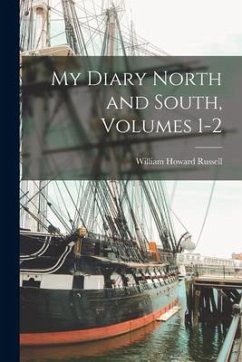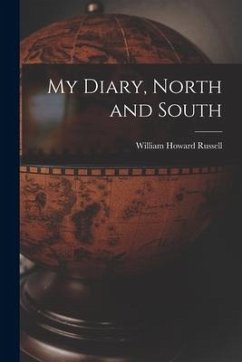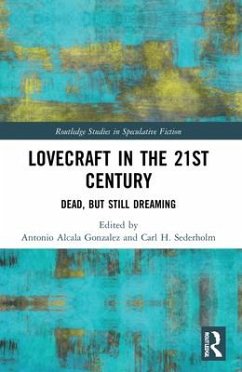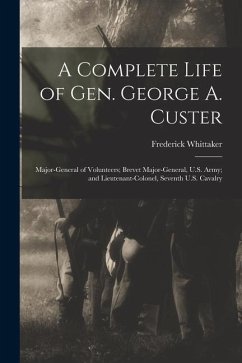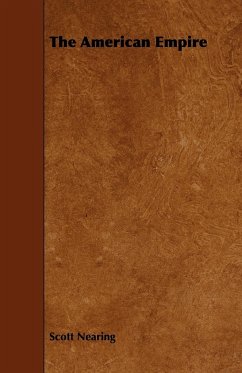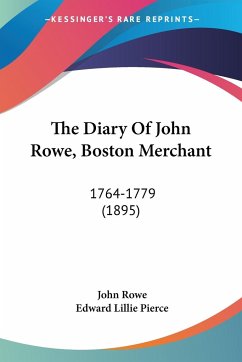
The Merchant John Askin
Furs and Empire at British Michilimackinac
Versandkostenfrei!
Versandfertig in über 4 Wochen
29,99 €
inkl. MwSt.

PAYBACK Punkte
15 °P sammeln!
John Askin, a Scots-Irish migrant to North America, built his fur trade between the years 1758 and 1781 in the Great Lakes region of North America. His experience serves as a vista from which to view important aspects of the British Empire in North America. The close interrelationship between trade and empire enabled Askin's economic triumphs but also made him vulnerable to the consequences of imperial conflicts and mismanagement. The ephemeral, contested nature of British authority during the 1760s and 1770s created openings for men like Askin to develop a trade of smuggling liquor or to chal...
John Askin, a Scots-Irish migrant to North America, built his fur trade between the years 1758 and 1781 in the Great Lakes region of North America. His experience serves as a vista from which to view important aspects of the British Empire in North America. The close interrelationship between trade and empire enabled Askin's economic triumphs but also made him vulnerable to the consequences of imperial conflicts and mismanagement. The ephemeral, contested nature of British authority during the 1760s and 1770s created openings for men like Askin to develop a trade of smuggling liquor or to challenge the Hudson's Bay Company's monopoly over the fur trade, and allowed them to boast in front of British officers of having the "Key of Canada" in their pockets. How British officials responded to and even sanctioned such activities demonstrates the vital importance of trade and empire working in concert. Askin's life's work speaks to the collusive nature of the British Empire--its vital need for the North American merchants, officials, and Indigenous communities to establish effective accommodating relationships, transgress boundaries (real or imagined), and reject certain regulations in order to achieve the empire's goals.



